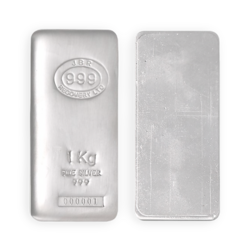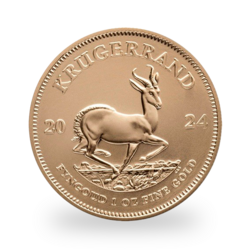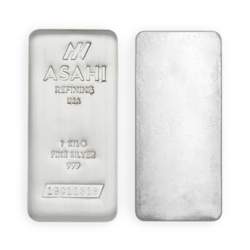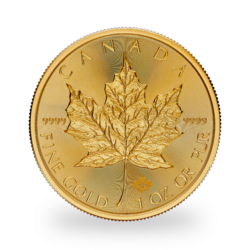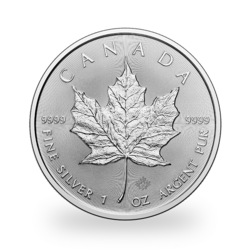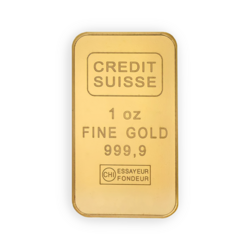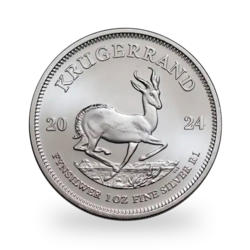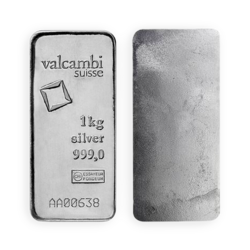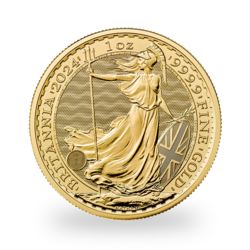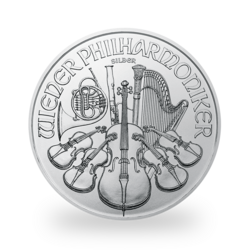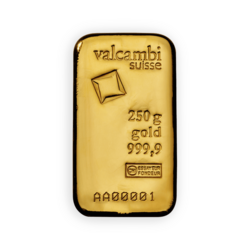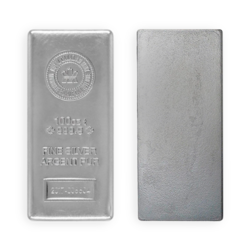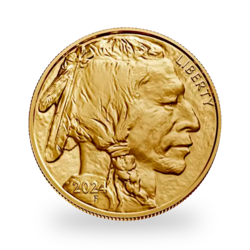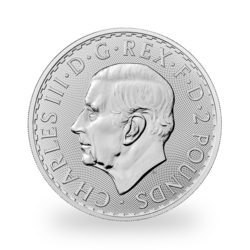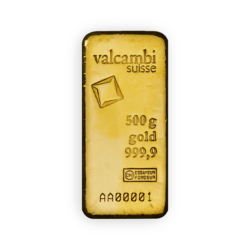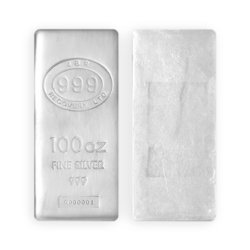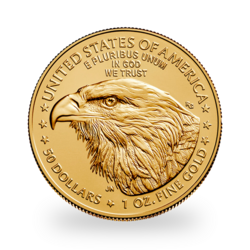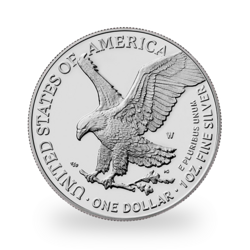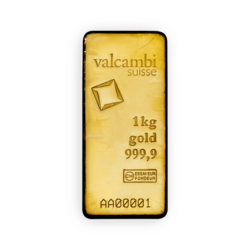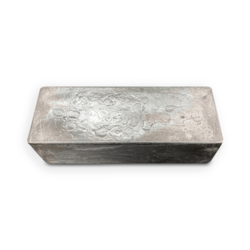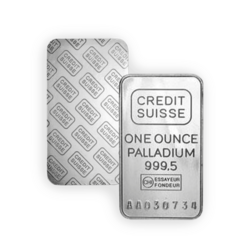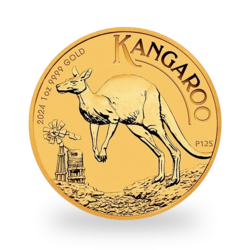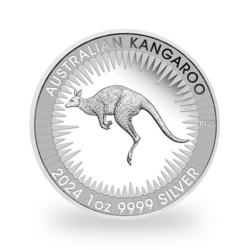Fifty years to the day after the Yom Kippur War, the Hamas terrorist attack on Israel stunned the world with its brutality and suddenness. The Israeli army regained the upper hand, but it was anticipated that this war would last longer than the previous one (less than twenty days, from October 6 to 25, 1973), with the threat of global repercussions. At the time, in reaction to Western aid to Israel, OPEC countries had quadrupled the price of a barrel of oil (from $2.59 to $11.65). This was the First Oil Shock, which should not, however, be reduced to this war: Richard Nixon's decision on August 15, 1971 to end the dollar's convertibility to gold had depreciated the American currency, and the oil-producing countries wanted to regain their purchasing power. Will the same thing happen again? In our previous article, we wondered whether inflation would be boosted by oil. Here's another reason to fear it.
More generally, we're back in the context of the 1970s. With the war in Ukraine and, above all, the sanctions imposed on Russia, a new iron curtain has cut the European continent in two, from the Atlantic to the Urals, as General De Gaulle put it. Inflation and sluggish growth are back. In fact, the term "stagflation" was coined in 1965 by an English politician, Iain Macleod, to describe the situation in the UK, which was suffering from low growth at a time when other developed countries were enjoying the "Trente Glorieuses". We find the same blocs: USA, Europe, Israel on one side, and on the other, Russia, China, Iran (the source of the Second Oil Shock in 1979), with Saudi Arabia gradually emerging from its subservience to American power. And what if the fall of the USSR was just a veil that didn't actually change much? All it did was make us believe in a happy, peaceful globalization, into which China has rushed. But that's all over and done with.
This return to the 1970s is far from inspiring. It means war, oil as a vital and destabilizing necessity for our economies, stagflation, high military spending that puts a strain on budgets, conflicts erupting everywhere, horrors on the news, and the expectation of the "Great Confrontation", no longer between the USA and the USSR but now with China. The new Cold War.
At the beginning of the 1970s, governments were just starting to go into debt. Today, they're crumbling under mountains of debt. And killing inflation, as the Fed did in 1980 by raising its key rate to 20%, is no longer an option. One of the few pieces of good news of the decade was physical gold, which performed brilliantly and protected its holders (until the Fed's now inapplicable drastic measures). Gold will certainly play this role once again.
We emerged from the dark and tumultuous 1970s thanks to a vast program of tax cuts and economic liberalization (telecoms, air transport, finance, etc.), controlled public deficits, positive real interest rates and a ban on printing money (by the way, the price of gold remained stable throughout the 1980s and 1990s, a quasi-new de facto gold standard). But also with a return of Western self-confidence, a new surge of optimism. Those were the days of Ronald Reagan and Margaret Thatcher. Is such hope possible today? It has to be, otherwise the situation is likely to deteriorate further.
Reproduction, in whole or in part, is authorized as long as it includes all the text hyperlinks and a link back to the original source.
The information contained in this article is for information purposes only and does not constitute investment advice or a recommendation to buy or sell.





